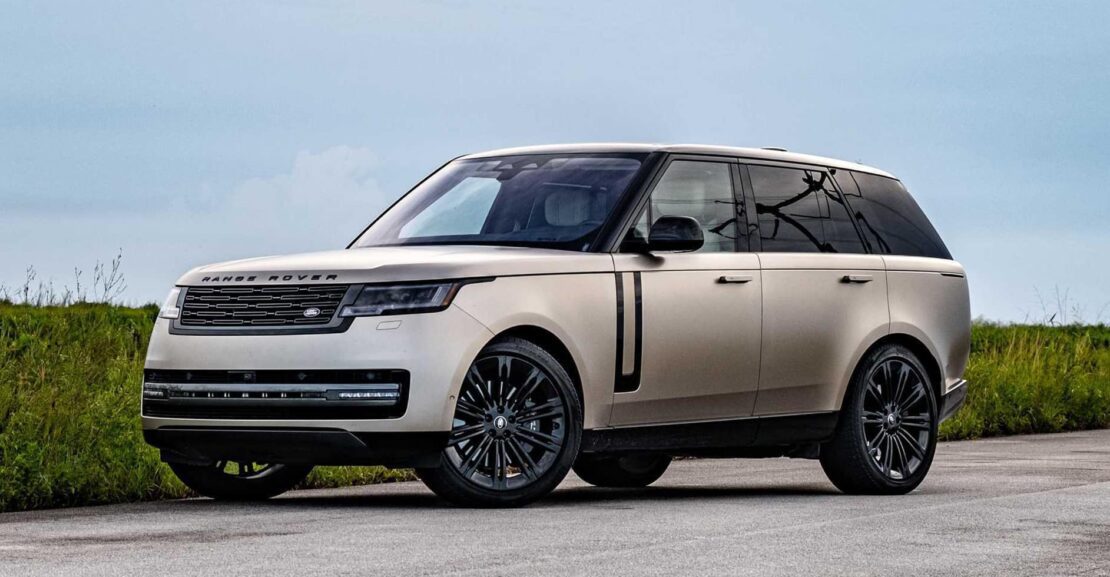Introduction to the New Sixth-Generation Range Rover
Welcome to our in-depth review of the new sixth-generation Range Rover. This model marks a significant evolution, boasting fresh design elements, advanced technology, and remarkable off-road performance. Unlike many luxury SUVs that are showcased in urban settings, This 2025 Range Rover the test in rugged terrains to see if it truly lives up to its legendary name.
Table of Contents
2025 Range Rover Design and Exterior
The new Range Rover retains its iconic presence with subtle yet impactful updates. The front features a redesigned grille and advanced headlights, each containing an impressive 1.2 million mirrors. The side profile now includes sleek, flush door handles, inspired by the 2025 Range Rover, and options for massive 23-inch alloys, although our test model has 22-inch wheels.
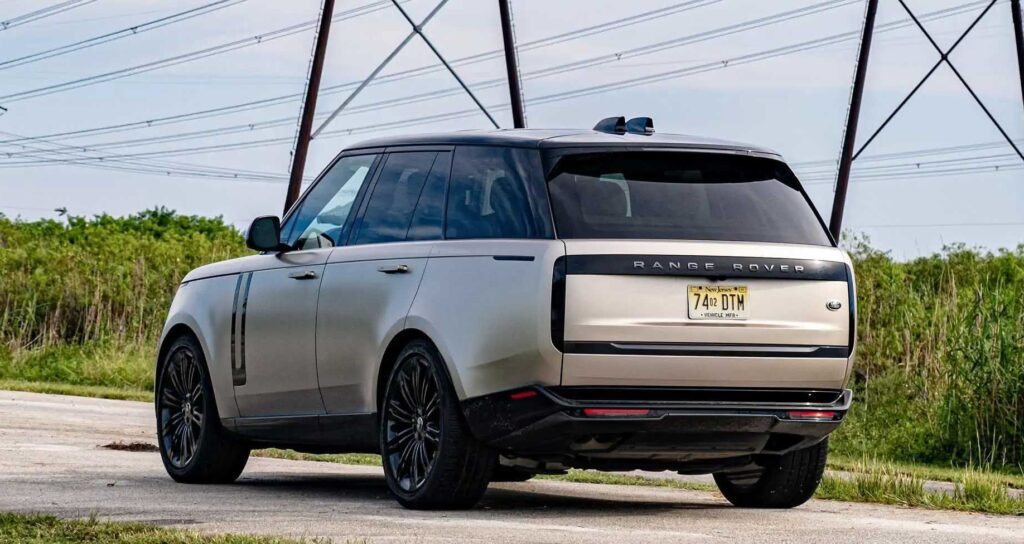
The rear of the vehicle showcases slim vertical taillights and an innovative split tailgate, enhanced for practicality and outdoor enjoyment. This includes a movable boot floor that offers additional storage and doubles as a backrest.
Interior and Comfort
The 2025 Range Rover continues to excel in interior luxury. The long wheelbase version introduces a seven-seat configuration, making it more versatile than ever. Even the standard wheelbase version offers generous legroom and a plush, comfortable seating experience.
High-quality materials dominate the cabin, with options for a vegan interior that surpasses the leather version in cost. The driver’s seat provides an optimal driving position, complemented by a plethora of adjustments and excellent visibility.
Technology and Infotainment
The Sixth-generation 2025 Range Rover is packed with state-of-the-art technology. It includes a digital driver display, head-up display, and a 13.1-inch touchscreen infotainment system, the largest ever in a Jaguar Land Rover product. This system is intuitive, responsive, and supports Amazon Alexa, Apple CarPlay, and Android Auto.
Performance and Driving Experience
The 2025 Range Rover offers a variety of engine options to suit different preferences. Our test vehicle featured the D350 diesel engine, which is both smooth and powerful. The petrol lineup includes the P400 and the P530, the latter equipped with a 4.4-liter V8 engine sourced from BMW.
Hybrid and Electric Options
The New 2025 Range Rover stands out with its plug-in hybrid options, the P440e and P510e, which offer a remarkable electric range of up to 70 miles. These models combine a three-liter six-cylinder petrol engine with a 38 kWh battery, making them game-changers in the luxury SUV segment. A fully electric version is expected in 2025.
Off-Road Capability
True to its heritage, the new 2025 Range Rover excels off-road. It boasts a high ground clearance of 295 mm, extendable by an additional 145 mm, and superior approach and departure angles. It can wade through water up to 900 mm deep and features off-road cameras for enhanced visibility on rugged terrain.
Reliability Concerns
While the New 2025 Range Rover aims to improve on the reliability issues of its predecessors, it’s too early to make definitive judgments. Our test model experienced a minor issue with a rear speaker, highlighting the need for ongoing improvements in this area.
2025 Range Rover Pricing and Value
The Range Rover starts at a premium price point, above rivals like the BMW X7 and Audi Q7, However, it offers extensive features and luxury that justify its cost.
The new Sixth-Generation Range Rover maintains its status as an exceptional luxury SUV. It blends everything great about its predecessors with modern enhancements and cutting-edge technology. While it comes at a high price, its unparalleled luxury, advanced features, and robust off-road capabilities make it a worthy investment.
Land Rover wants to have its first Hydrogen Car in 2025
Land Rover (JLR) continues with the hydrogen car. After being in favor of seeing it as an option to lighten the weight compared to battery electric vehicles, now the firm would be working on a project to promote this technology and the first fruit in concept format could be an SUV similar in size to the Range Rover Evoque.
As reported by Autocar, the British manufacturer has embarked on a research project, whose objective is to have a fuel cell technology ready that would arrive by the middle of this decade, coinciding with the launch of the next generation of the Range Rover 2025.
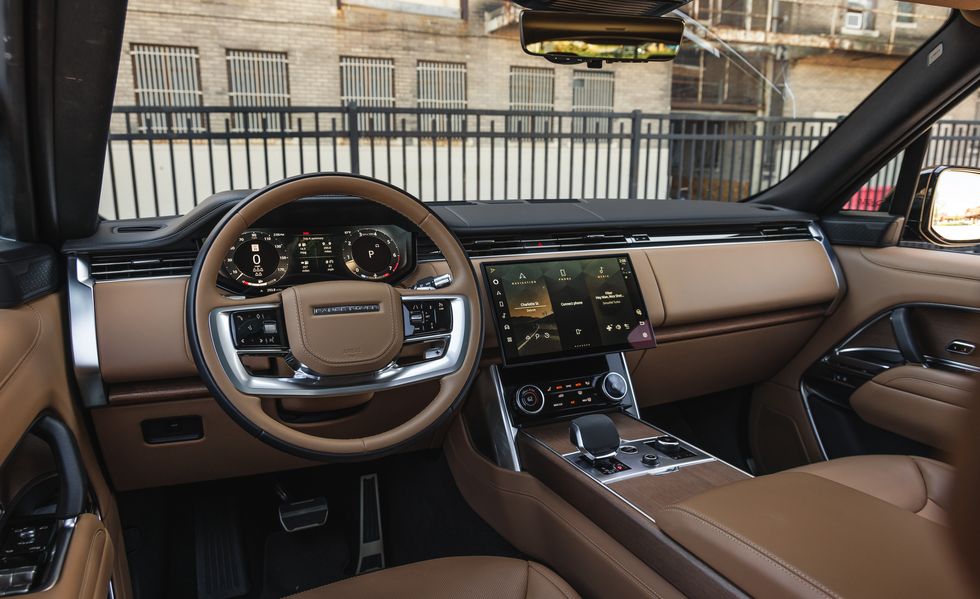
In any case, the firm plans to put the honey on the lips much sooner. As Nick Rogers, the manufacturer’s chief engineer, told the aforementioned British magazine, within the roadmap established by the brand, which also plans to present a drivable hydrogen prototype soon, without specifying dates.
Subsequently, the idea is to bring this technology to larger models, such as the Range Rover Sport or the Range Rover Velar, which would agree with the manufacturer’s idea of electrifying its range by trying to contain the weight of the vehicles by dispensing with heavy batteries and, at the same time, provide them with greater autonomy and reduce recharging times.
That increasingly tightens traditional cars
A development that gained real relevance in the firm’s plans last June after the British Government announced an investment of 73.5 million pounds to promote zero-emission technologies. JLR has focused on electrification from battery electric models such as the Jaguar I-Pace, which arrived in 2018, or plug-in hybrid versions such as the Range Rover Evoque PHEV,2025 Range Rover Autobiography, Range Rover Sport P400e or the Land Rover Discovery Sport P300e PHEV.
One option being considered is that going forward, Land Rover will focus on the research and development of fuel cell models, while Jaguar will continue to devote more efforts to battery electric cars. However, 2025 Land Rover Range Rover will also embrace battery electric cars, and the first SUV with this technology is expected to land next year, as is the electric Jaguar XJ. The sedan with the feline logo was initially planned for 2020, but the pandemic has disrupted the brand’s plans.
The British manufacturer, under the protection of Tata Motors, thus aims to open its range of electrification and promote the transition towards zero-emission models by the increasingly demanding European regulations and the United Kingdom’s plans, which aim to bring forward the veto to 2035. all new combustion cars, including hybrids.
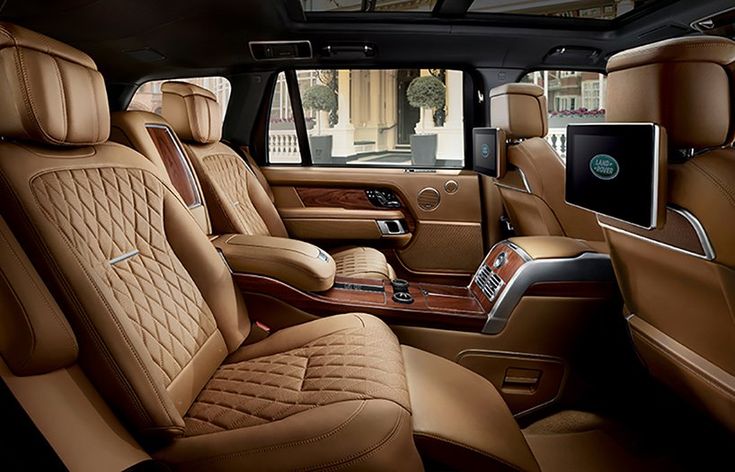
The hydrogen car is the future in Japan, but in Europe, it will not be so easy The hydrogen motorcycle is even closer to being real: a second Honda patent has been leaked.
The Range Rover: A Deep Dive into a Premium SUV
You love Range Rovers. For many, they represent the pinnacle of premium SUVs, the benchmark against which all others are measured. However, there are plenty of critics who point out their reliability issues, depreciation rates, and current challenges. Let’s unpack these aspects and see what makes the Range Rover both beloved and controversial.
A Brief History
Believe it or not, the Range Rover has been around since 1970. That makes it older than me! The sixth generation of this iconic 2025 Range Rover release date. Initially, the Range Rover was not designed to be a luxury status symbol. It was a utilitarian vehicle, offering more comfort and practicality than the Land Rover series at the time. Over the years, it has evolved into a high-end SUV, beloved by city dwellers and off-road enthusiasts alike.
The Appeal of the Range Rover
Fans of the 2025 Range Rover often praise its driving experience, comfort levels, and overall feel. Many detractors, however, have likely never driven one. If you’re going to criticize a Range Rover, you should drive one first. These vehicles are exceptional on the road, offering a smooth and powerful driving experience.
Size and Environmental Impact:
Critics often cite the 2025 Range Rover’s sheer size and environmental credentials as major drawbacks. Why would anyone need a car this big? The Range Rover’s size makes it less eco-friendly compared to smaller, more fuel-efficient vehicles.
Reliability Issues:
Perhaps the most significant criticism of Range Rovers is their reliability. Land Rover products, in general, have faced numerous complaints about frequent repairs and maintenance issues. This reputation has certainly impacted the brand’s image.
Theft Vulnerability:
Another significant problem is theft. Range Rovers are attractive not only to potential buyers but also to organized criminal gangs. Keyless entry systems, which are convenient, have made these vehicles vulnerable to relay attacks. Thieves use devices to amplify the signal from the key, tricking the car into unlocking. Land Rover has invested heavily in combating this issue, upgrading radio frequencies to ultra-wideband technology and improving software on older models.
Insurance Costs:
The high theft rate has also driven up insurance costs. In some cases, potential buyers find that they cannot get insured at all or that the insurance is prohibitively expensive. Land Rover has responded by offering their insurance product to customers.
The Sixth Generation Range Rover
The latest 2025 Range Rover is undeniably a handsome vehicle. The design is sleek and modern, with improvements that make it stand out from its predecessors. The interior is spacious and luxurious, with high-quality materials and advanced features. Despite its size, the Range Rover is designed to be easy to drive, thanks to features like four-wheel steering, which improves maneu verability in tight spaces.
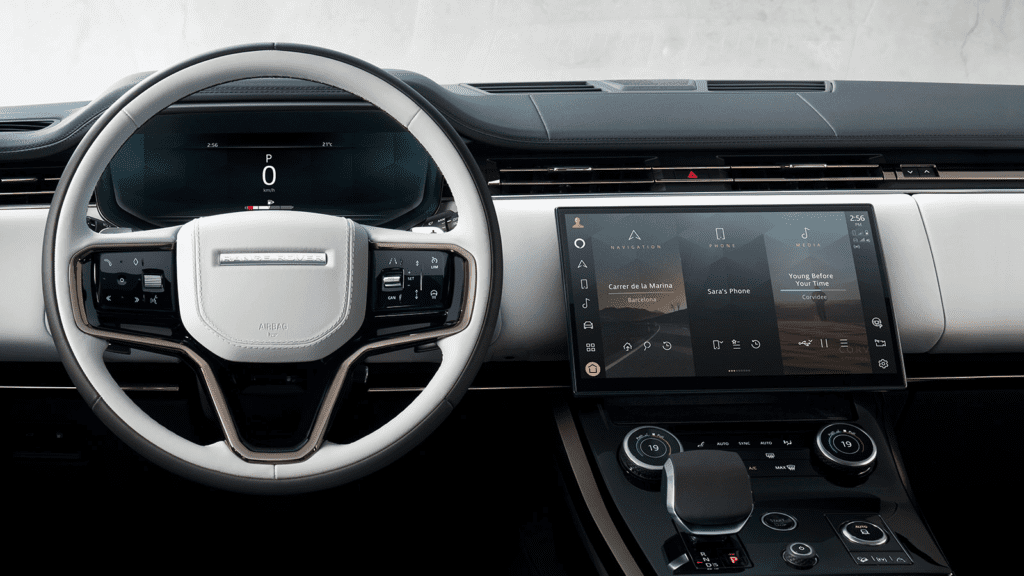
Off-Road Capabilities:
One of the 2025 Range Rover’s key strengths is its off-road capability. Thanks to features like the terrain response system, these vehicles are among the most capable off-road cars you can buy. Whether you’re navigating city streets or rugged terrain, the Range Rover excels.
Driving Experience:
The 2025 Range Rover offers a fantastic driving position and a smooth ride on the road. The dynamic road manners are impressive, and the vehicle handles well despite its size and weight. Advanced technologies, such as the PIVI Pro floating screen and panoramic glass roof, enhance the driving experience.
Final Thoughts
The 2025 Range Rover remains a magnificent vehicle, combining luxury, performance, and off-road capability. However, potential buyers must weigh the benefits against the drawbacks, such as reliability issues and high insurance costs. For those who can afford it and are not deterred by these challenges, the Range Rover offers an unparalleled driving experience.
What Do You Think?
Are Land Rover and Range Rover doing enough to address their vehicles’ security and reliability issues? Do you love the Range Rover or have reservations about it? Share your thoughts in the comments below.

